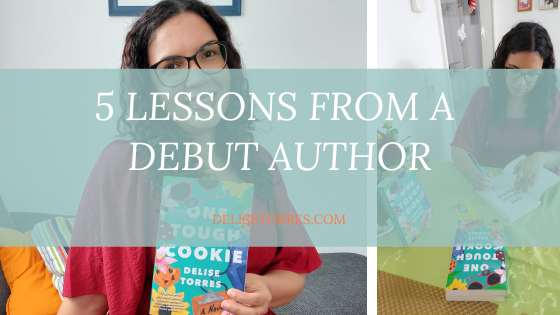All writers receive the same advice: you need to seek feedback on your work. It’s the only way to become a better writer.
Starting out, I didn’t know any other writers, so I joined the online community Scribophile. For those of you who are not familiar with it, in order to post your work for critique, you have to earn points by critiquing the work of others. This ensures everyone gets feedback. It’s a great system, but how can you give useful feedback to other writers when you yourself are only getting started?
Just like writing, giving feedback gets easier with practice. You learn so much from identifying problems in other works and applying it to your own. And the more you learn, the better you are at identifying problems and offering suggestions.
By being on Scribophile, I’ve given and received hundreds of critiques. I received a harsh critique once where the person didn’t mention one good thing about the work and was very condescending. It was hard to sift through the noise and find something useful. I’ve also given harsh critiques, and as hard as I tried to qualify them in a nice way, received defensive responses from the authors. On the other hand, I’ve also received many comments where the authors applied my critiques and said I was helpful.
Based on my experiences, here are five tips to keep in mind when giving feedback.
1. Always mention something positive.
This is especially true when you find many mistakes and have to offer a harsh critique. Always start with the positive. No matter how “bad” a piece of writing is, there’s always something positive to say, even if it’s just mentioning good grammar or punctuation.
2. Be honest but not cruel. Don’t make it a personal attack.
Be honest. In the end, the point of offering feedback is to help the writer improve their work. But honesty has to be wrapped in kindness and encouragement so that the author doesn’t feel attacked. Make sure you mention the weaknesses in the writing, and not how the author is “wrong”. It also helps if you can mention how you too have struggled with the same problem.
Sometimes, no matter how well you phrase it, it can be unavoidable to offend the writer. It depends on how open they are to receiving critical feedback.
3. Stay objective.
For me, this is the most important aspect of useful feedback. We all have our own likes, dislikes, and personal biases. I may not like a character because he reminds me of a real person who hurt me, but that is not helpful to the author.
When this happens, don’t say: “this wouldn’t happen; no one in real life would do that”. Pose it as a question like, “wouldn’t he do so and so?”. As long as it’s true to the character and fits the story, there’s no room for personal biases.
4. Be specific.
This goes hand in hand with staying objective. If you don’t like something in the writing, point out why it doesn’t work, not why you personally don’t like it. Give specific suggestions on how to make the work better. That shows the writer you’re not just giving a personal opinion but actually understand the why’s and how to fix it. This gets easier as you learn more about writing and how to identify the main issues.
5. Don’t be condescending. Stay humble.
In the end, you don’t know everything. Maybe something that doesn’t work for you, works for someone else. Maybe the character you hate is another reader’s favorite. Always qualify the critique as your personal opinion. Saying “you’ll learn” or “you’re just starting” seem encouraging but can also be interpreted as “I know more than you”.
Giving feedback gets easier once you develop a good relationship with your critique partner and have open communication with each other. You should also be honest with yourself and accept when you’re not the right person to critique. If you really can’t find anything positive to say and hate the work, you won’t be able to offer anything useful and will just waste everyone’s time.
I hope this is helpful. Anything else you’d like to add? What have been some of your experiences giving feedback?
For more information, check out my other post on how to receive feedback and use it to make your story better.

Photo via VisualHunt








